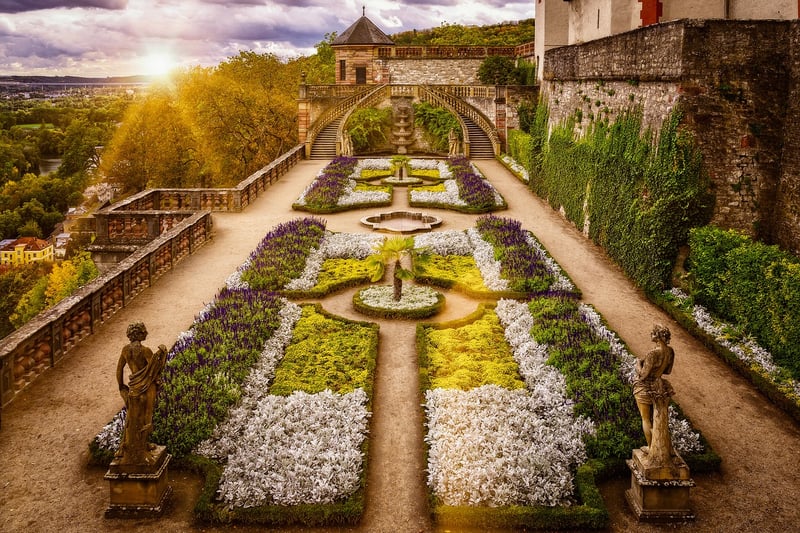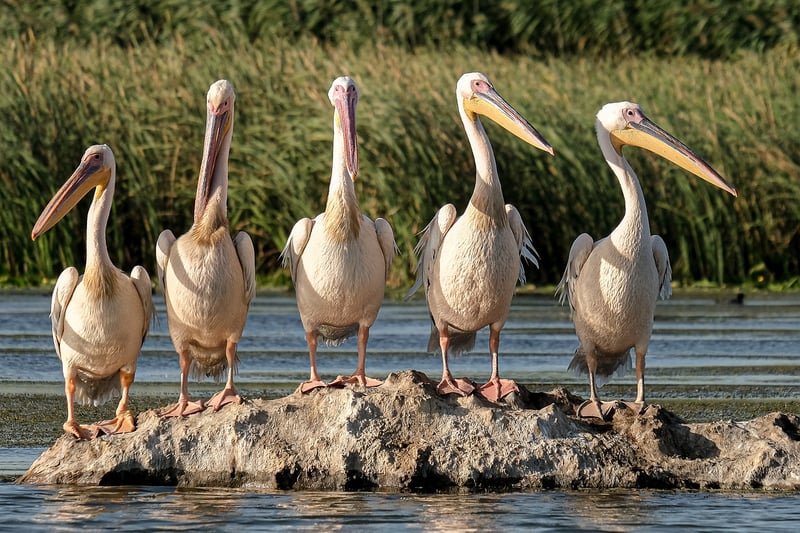Water conservation tips
Eco-Friendly Gardening Techniques and Water Conservation Tips
Eco-Friendly Gardening Techniques
Gardening is not only a rewarding hobby but also an opportunity to contribute positively to the environment. By adopting eco-friendly gardening techniques, you can create a sustainable and thriving garden while minimizing your impact on the planet.
1. Composting
Utilize kitchen scraps and yard waste to create nutrient-rich compost for your garden. Composting reduces waste sent to landfills and provides natural fertilizer for your plants.
2. Plant Native Species
Choose plants that are native to your region as they are adapted to the local climate and require less water and maintenance. Native plants also support local wildlife and biodiversity.
3. Mulching
Applying mulch around plants helps retain soil moisture, suppresses weeds, and adds organic matter to the soil as it breaks down. Use organic materials like shredded leaves or straw for eco-friendly mulching.
4. Avoid Chemical Pesticides
Opt for natural pest control methods like companion planting, handpicking pests, or using organic pesticides to protect your garden without harming beneficial insects and pollinators.
Water Conservation Tips
Water is a precious resource, and conserving it in your garden is essential for sustainable gardening practices. Implement these water conservation tips to reduce water usage and promote eco-friendly gardening:
1. Collect Rainwater
Set up rain barrels or tanks to collect rainwater from your roof. Use this collected water for watering your plants, reducing the need for treated tap water.
2. Water Wisely
Water your garden early in the morning or late in the evening to minimize evaporation loss. Focus on watering the roots of plants rather than the foliage to ensure efficient water usage.
3. Use Drip Irrigation
Install a drip irrigation system to deliver water directly to the base of plants, reducing water wastage from runoff and evaporation. Drip irrigation is efficient and ensures plants receive the right amount of water.
4. Mulch Your Garden
As mentioned earlier, mulching not only conserves soil moisture but also reduces the need for frequent watering. Mulch acts as a protective barrier, keeping the soil cool and moist for longer periods.

By incorporating these eco-friendly gardening techniques and water conservation tips into your gardening routine, you can create a lush, sustainable garden that benefits both you and the environment.
